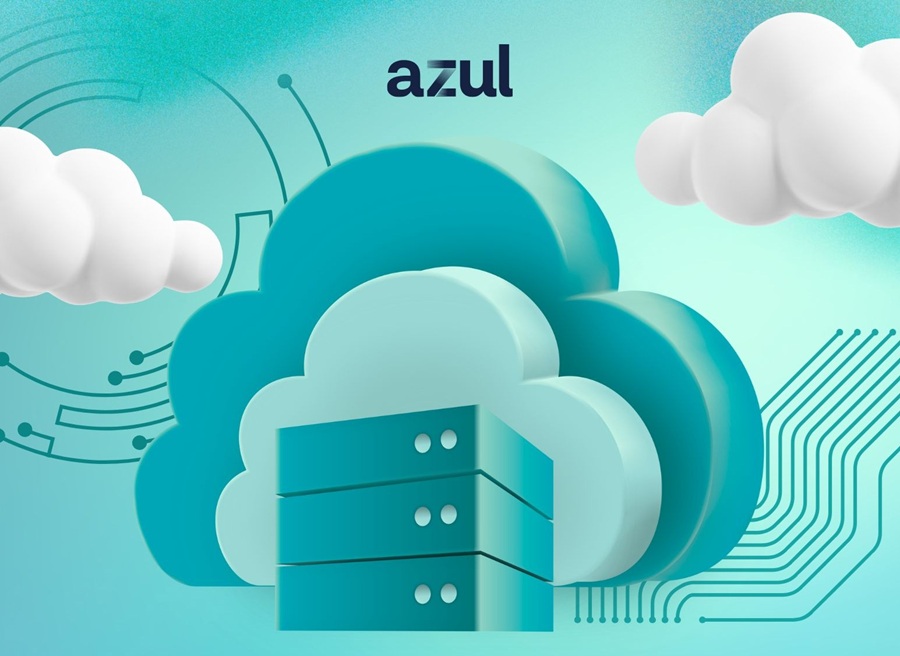Loggly announced Loggly 3.0, a unified log analysis and monitoring solution designed for companies building modern software applications running on private or public clouds and serverless architectures.
Combining new metrics and monitoring capabilities with deep log analysis and one-click access to source code, Loggly 3.0 gives DevOps teams one-stop visibility to identify and solve problems, collaborate on fixes, and report to stakeholders.
“Our customers are facing exploding volumes of machine data generated by dynamic infrastructure, microservices, and devices, as well as the constant change of continuous delivery,” said Manoj Chaudhary, CTO at Loggly. “Their monitoring toolkits have grown to address the data overload, sometimes creating even more complexity. This is what is driving convergence in the DevOps ecosystem between logs and monitoring. Loggly 3.0 offers a simple and comprehensive path to dealing with data and tool overload, and it builds up DevOps teams’ efficiency and collaboration.”
Loggly customers can now address three distinct needs with a single cloud-based service:
- Proactive monitoring for potential issues, anomalies, or suspicious activity across their code and infrastructure. New charts and dashboards reveal the full story and can be created in just a few clicks. In addition to the ability to display any log-resident or Amazon CloudWatch metric, Loggly will support metrics collection using the collectd daemon in the fourth quarter of 2017.
- Deep-dive investigations, discovering root causes by searching and filtering on individual log events. A new integration with GitHub connects insights from dashboards to logs to individual lines of source code, without any additional instrumentation. The GitHub integration initially supports Java, JavaScript, and Python.
- Data analysis and visualization to characterize software performance, answer key business questions, spot trends, report on KPIs, and track SLA compliance. Users can work in Loggly without support from a dedicated administrator.
The new GitHub integration builds on previous Loggly integrations designed to improve teamwork by incorporating data and analysis within the tools that software teams use every day, including New Relic, PagerDuty, Slack, Atlassian HipChat, and Atlassian Jira Software.
Benefits of Loggly 3.0 include:
- Reduced complexity with one unified solution for monitoring, visualization, and log analysis.
- Improved service quality through proactive monitoring of metrics across the entire software stack, along with the deep analysis needed to know where to make improvements.
- Shorter mean time to resolution (MTTR) through rapid root cause analysis and tighter connections between metrics and relevant events.
- Better teamwork through common insights on shared dashboards, comprehensive reporting, and integration with the DevOps toolchain.
The Latest
A large majority (86%) of data management and AI decision makers cite protecting data privacy as a top concern, with 76% of respondents citing ROI on data privacy and AI initiatives across their organization, according to a new Harris Poll from Collibra ...
According to Gartner, Inc. the following six trends will shape the future of cloud over the next four years, ultimately resulting in new ways of working that are digital in nature and transformative in impact ...
2020 was the equivalent of a wedding with a top-shelf open bar. As businesses scrambled to adjust to remote work, digital transformation accelerated at breakneck speed. New software categories emerged overnight. Tech stacks ballooned with all sorts of SaaS apps solving ALL the problems — often with little oversight or long-term integration planning, and yes frequently a lot of duplicated functionality ... But now the music's faded. The lights are on. Everyone from the CIO to the CFO is checking the bill. Welcome to the Great SaaS Hangover ...
Regardless of OpenShift being a scalable and flexible software, it can be a pain to monitor since complete visibility into the underlying operations is not guaranteed ... To effectively monitor an OpenShift environment, IT administrators should focus on these five key elements and their associated metrics ...
An overwhelming majority of IT leaders (95%) believe the upcoming wave of AI-powered digital transformation is set to be the most impactful and intensive seen thus far, according to The Science of Productivity: AI, Adoption, And Employee Experience, a new report from Nexthink ...
Overall outage frequency and the general level of reported severity continue to decline, according to the Outage Analysis 2025 from Uptime Institute. However, cyber security incidents are on the rise and often have severe, lasting impacts ...
In March, New Relic published the State of Observability for Media and Entertainment Report to share insights, data, and analysis into the adoption and business value of observability across the media and entertainment industry. Here are six key takeaways from the report ...
Regardless of their scale, business decisions often take time, effort, and a lot of back-and-forth discussion to reach any sort of actionable conclusion ... Any means of streamlining this process and getting from complex problems to optimal solutions more efficiently and reliably is key. How can organizations optimize their decision-making to save time and reduce excess effort from those involved? ...
As enterprises accelerate their cloud adoption strategies, CIOs are routinely exceeding their cloud budgets — a concern that's about to face additional pressure from an unexpected direction: uncertainty over semiconductor tariffs. The CIO Cloud Trends Survey & Report from Azul reveals the extent continued cloud investment despite cost overruns, and how organizations are attempting to bring spending under control ...

According to Auvik's 2025 IT Trends Report, 60% of IT professionals feel at least moderately burned out on the job, with 43% stating that their workload is contributing to work stress. At the same time, many IT professionals are naming AI and machine learning as key areas they'd most like to upskill ...
